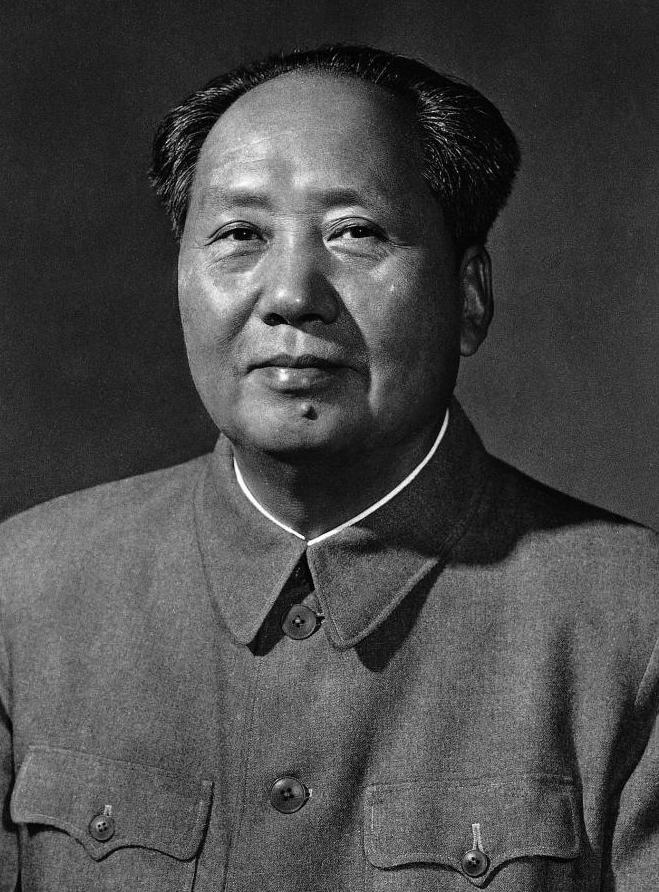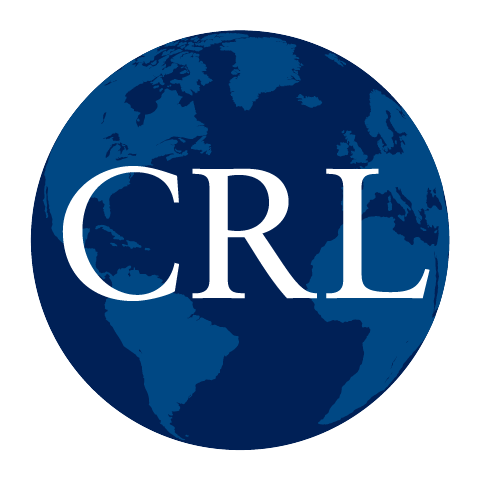Mao Zedong
 Mao Zedong; pronounced ; traditionally romanised as Mao Tse-tung. }} (26 December 1893 – 9 September 1976), also known as Chairman Mao, was a Chinese politician, Marxist theorist, military strategist, poet, and revolutionary who was the founder of the People's Republic of China (PRC). He led the country from its establishment in 1949 until his death in 1976, while also serving as the chairman of the Chinese Communist Party during that time. His theories, military strategies and policies are known as Maoism.
Mao Zedong; pronounced ; traditionally romanised as Mao Tse-tung. }} (26 December 1893 – 9 September 1976), also known as Chairman Mao, was a Chinese politician, Marxist theorist, military strategist, poet, and revolutionary who was the founder of the People's Republic of China (PRC). He led the country from its establishment in 1949 until his death in 1976, while also serving as the chairman of the Chinese Communist Party during that time. His theories, military strategies and policies are known as Maoism.Mao was the son of a prosperous peasant in Shaoshan, Hunan. He supported Chinese nationalism and had an anti-imperialist outlook early in his life, and was particularly influenced by the events of the Xinhai Revolution of 1911 and the May Fourth Movement of 1919. He later adopted Marxism–Leninism while working at Peking University as a librarian. He became a founding member of the Chinese Communist Party (CCP), leading the Autumn Harvest Uprising in 1927. During the Chinese Civil War between the Kuomintang (KMT) and the CCP, Mao helped to found the Chinese Red Army, led the Jiangxi Soviet's radical land reform policies, and ultimately became head of the CCP during the Long March. Although the CCP temporarily allied with the KMT under the Second United Front during the Second Sino-Japanese War (1937–1945), China's civil war resumed after Japan's surrender. Mao's forces defeated the Nationalist government, which withdrew to Taiwan in 1949.
On 1 October 1949, Mao proclaimed the foundation of the PRC, a Marxist–Leninist single-party state controlled by the CCP. In the following years he solidified his control through the land reform campaign against landlords, the Campaign to Suppress Counterrevolutionaries, the "Three-anti and Five-anti Campaigns", and through a truce in the Korean War, which altogether resulted in the deaths of several million Chinese. From 1953 to 1958, Mao played an important role in enforcing command economy in China, constructing the first Constitution of the PRC, launching an industrialisation program, and initiating military projects such as the "Two Bombs, One Satellite" project and Project 523. His foreign policies during this time were dominated by the Sino-Soviet split which drove a wedge between China and the Soviet Union. In 1955, Mao launched the Sufan movement, and in 1957 he launched the Anti-Rightist Campaign, in which at least 550,000 people, mostly intellectuals and dissidents, were persecuted. In 1958, he launched the Great Leap Forward that aimed to rapidly transform China's economy from agrarian to industrial, which led to the Great Chinese Famine and the deaths of 15–55 million people between 1958 and 1962.
In 1963, Mao launched the Socialist Education Movement, and in 1966 he initiated the Cultural Revolution, a program to remove "counter-revolutionary" elements in Chinese society which lasted 10 years and was marked by violent class struggle, widespread destruction of cultural artifacts, and an unprecedented elevation of Mao's cult of personality. Tens of millions of people were persecuted during the Revolution, while the estimated number of deaths ranges from hundreds of thousands to millions. After years of ill health, Mao suffered a series of heart attacks in 1976 and died at the age of 82. During the Mao era, China's population grew from around 550 million to over 900 million while the government did not strictly enforce its family planning policy. During his leadership tenure, China was heavily involved with other Asian communist conflicts such as the Korean War, the Vietnam War, and the Cambodian Civil War.
Mao is considered one of the most influential figures of the 20th century. Mao's policies were responsible for a vast number of deaths, with estimates ranging from 40 to 80 million victims due to starvation, persecution, prison labour, and mass executions, and his government has been described as totalitarian. He has been also credited with transforming China from a semi-colony to a leading world power by advancing literacy, women's rights, basic healthcare, primary education, and improving life expectancy. Mao is revered as a national hero who liberated the country from foreign occupation and exploitation in China. He became an ideological figurehead and a prominent influence over the international communist movement, being endowed with remembrance, admiration and a cult of personality both during and after his life. Provided by Wikipedia
-
1
-
2
-
3by Mao, Zedong, 1893-1976
Published 1982New Delhi : Progressive Publications, 1982.1 online resource (157 pages)Center for Research Libraries
Online Resource -
4by Mao, Zedong, 1893-1976
Published 1977[S.l.] : Gurūh-ʼi Ittiḥād-i Kumūnīstī, 1356 [1977][37], 29, 81 p. ; 21 cm. -
5by Mao, Zedong, 1893-1976
Published 1955Peking, Foreign Languages Press, 1955.118 p. illus. 19 cm. -
6Kang Ri you ji zhan zheng de yi ban wen ti抗日游撃戰爭的一般問題by Mao, Zedong, 1893-1976
Published 1939[China] : Xin hua ri bao guan, Minguo 28 [1939]50 p. -
7by Mao, Zedong, 1893-1976
Published 1954Peking, Foreign Languages Press, 1954.56 pages illustrations 19 cm. -
8Lun xin jie duan論新階段by Mao, Zedong, 1893-1976
Published 1948Xianggang : Xin min zhu chu ban she, 1948.93 p. -
9Kang Ri xin zhan shu抗日新戰术by Mao, Zedong, 1893-1976
Published 1940[China] : Xin shi dai chu ban she, 194-?81 p. -
10
-
11Xin min zhu zhu yi de xian zheng : Mao Zedong tong zhi yi jiu si ling nian er yue er shi ri zai Yan'an ge jie xian zheng cu jin hui cheng li da hui de yan ci新民主主義的憲政 毛澤東同志一九四零年二月二十日在延安各界憲政促進會成立大會的演詞[China : s.n., 19--?]7 p.
-
12Zhongguo kang Ri min zu tong yi zhan xian zai mu qian jie duan de ren wu : si yue shi ri zai Yan'an gong chan dang huo dong fen zi hui bao gao ti gang中國抗日民族統一戰線在目前階段的任務 四月十日在延安共產黨活動分子會報告提綱 /[China : s.n., 19--?]14 p.
-
13
-
14Mao Zedong xuan ji毛澤東選集.by Mao, Zedong, 1893-1976
Published 1945[China] : Su zhong chu ban she, 1945.91 p. -
15
-
16by Mao, Zedong, 1893-1976
Published 1945Sanfanshi : He zuo chu ban she, 1945.56 p. : port. ; 21 cm. -
17by Mao, Zedong, 1893-1976
Published 1993New Delhi : Progressive Publications, 1993.1 online resource (56 pages)Center for Research Libraries
Online Resource -
18
-
19Tong yi zhan xian xia dang pai wen ti統一战线下党派问题by Mao, Zedong, 1893-1976
Published 1940[China : s.n., 194-?]10 p. -
20by Mao, Zedong, 1893-1976
Published 1949Hsiang-kiang : Zi you chu ban she, 1949.4, 49 p. : ill. ; 18 cm.

